
 This article is an excerpt from Episode 13 of Alchemy-Spetec's podcast The Injection Connection, featuring Erin Rothman - Founder and CEO of StormSensor. (If you'd rather view or listen, an audio/visual version of this excerpt is posted at the bottom of the article.)
This article is an excerpt from Episode 13 of Alchemy-Spetec's podcast The Injection Connection, featuring Erin Rothman - Founder and CEO of StormSensor. (If you'd rather view or listen, an audio/visual version of this excerpt is posted at the bottom of the article.)
Charlie Lerman: Have you ever found or identified anything that’s just an anomaly, something that's completely unexpected that you surprised the city with, or anything like that?
Erin Rothman: Once or twice, yes. One example was in Memphis. We were working as part of a larger group to do a model validation study for the storm system because Memphis was dealing with a lot of flooding. And most model validation studies have sensors that are deployed in a limited number of locations and for a very short period of time - one to three months usually. We were deployed for about six months before we got a call claiming that all of our sensors were broken because we were reading four feet of depth, four feet of water in all of the pipes. And that it was flowing backward, and all that was impossible. This is why whoever was running the project didn't like new technology.
But we're thinking like, for every sensor to show this, there's got to be something. I mean, we've never seen it with even one sensor, but if the whole thing's acting up... So, we called the city and they had no idea what was going on. We asked them to go check it out and they came back and said, "Oh, my gosh, there is four feet of water in these pipes and it's flowing backward!" What could possibly be going on? So, they talked to the guys at the plant on the Mississippi River and they said, "Oh, yeah, every time the river hits a certain stage, we open up the gates and then use the storm system for storage." But you're telling me that it goes more than a mile into the system.
So, what we had is a situation where no one really understood that the river was filling the storm system and taking up at least half the capacity on a pretty regular basis. So, when you combine heavy rain and high-water levels, all of which are going into a storm system that is designed to hold only rainwater, you have some pretty significant flooding impacts. Now, what they do is before a storm comes, they close the gates, empty out the storm system, and clear that out.




 This article is an excerpt from
This article is an excerpt from 
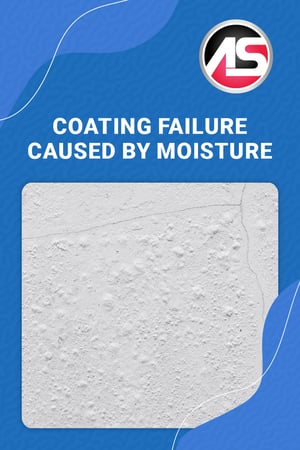

 Episode 13 of
Episode 13 of 
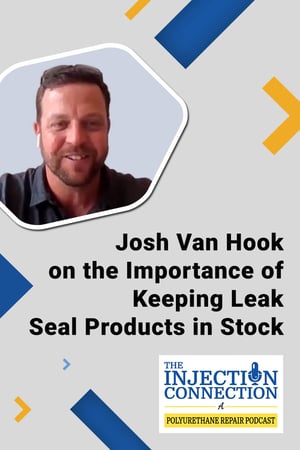 This article is an excerpt from
This article is an excerpt from 
 This article is an excerpt from
This article is an excerpt from 
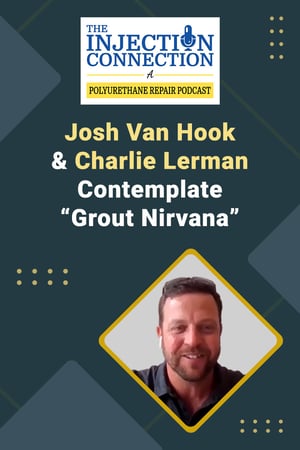 This article is an excerpt from
This article is an excerpt from 
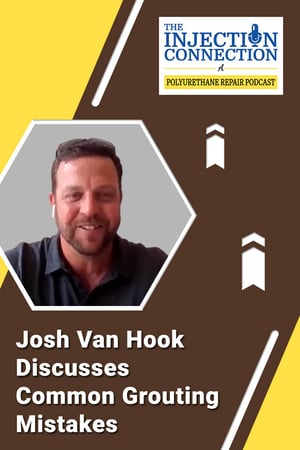 This article is an excerpt from
This article is an excerpt from 
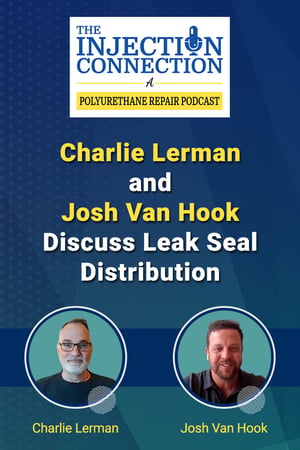 On Episode 12 of
On Episode 12 of 
 Editor's Note: An earlier version of this article was published under the title Develop Your Competitive Edge.
Editor's Note: An earlier version of this article was published under the title Develop Your Competitive Edge. 